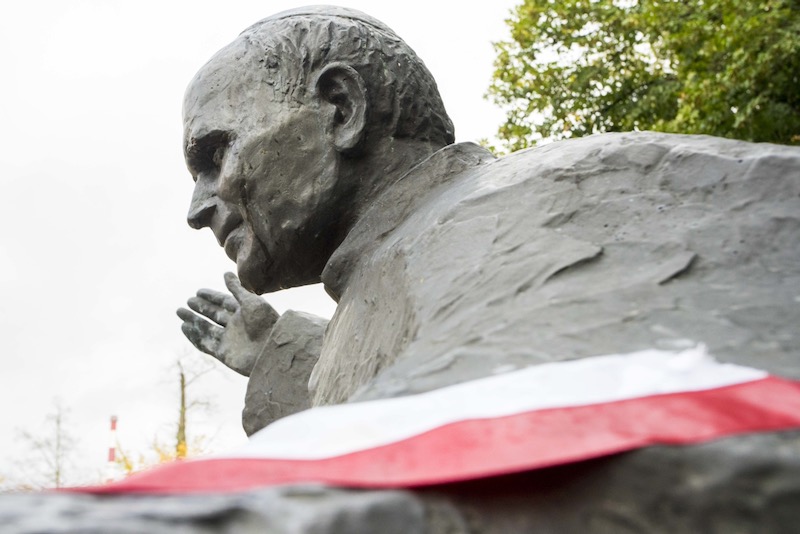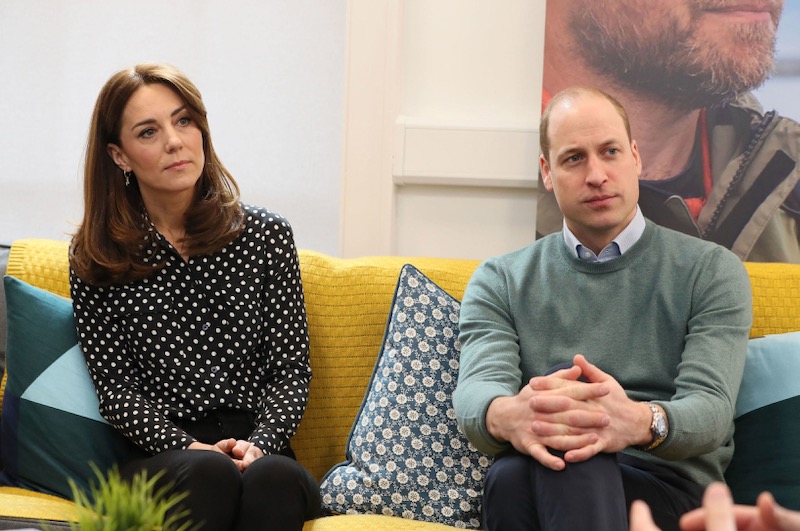A leading Catholic bishop has warned of the potential impact of the Covid-19 pandemic on the mental health of thousands.
Bishop Paul Mason was commenting on Mental Health Awareness Week, hosted by the Mental Health Foundation, Mental Health Awareness Week which takes place this week with the theme of "kindness".
The Duke and Duchess of Cambridge joined celebrities including footballer Harry Kane, singer Due Lipa, boxer Anthony Joshua and actor David Tennant in backing Mental Health Awareness Week through their Heads Together charity.
Bishop Mason, a former hospital chaplain who is lead bishop for healthcare and mental health, said: "This year’s Mental Health Awareness week feels more important than ever as we find ourselves faced with a global health crisis which will, undoubtedly, have an enormous impact on the mental health of many people.
"We have already seen the tremendous kindness pouring forth in communities across the country. From small acts of generosity between neighbours to the dedication and commitment of those working on the front line, I would like to thank everyone who is helping to look after the mental health of their loved ones, friends, neighbours and strangers.
"For those who are struggling with mental health, especially during this challenging time, I assure you of my prayers, and urge you to seek the safe and non-judgemental help which is available."
There is growing concern among practitioners about the mental health of many impacted by Covid-19.
In an interview in this week's Tablet, Paul Farmer, chief executive of Mind, says the restrictions of lockdown combined with the withdrawal of many mental health support services threatens crisis for many.
“The mental health curve will be sustained for much longer than the coronavirus curve,” he says. “It could be every bit as substantial. We all normally have protective factors that help our mental health. It might be taking part in team sports or a hug from a grandchild. In essence it is about human contact. Social contact is good and therefore social isolation is not good. At the moment we have the things that help us function well disappearing and then something that causes pressure comes along. That is a perfect storm.”
He also warns that there will be trouble ahead even when we come out of lockdown, when people will have heard so many dire warnings about the contagious disease. “In recent days, there’s almost two groups emerging – people who are now finding lockdown very difficult and want it to end, and people who are anxious about it ending. To some extent, age is less of a factor, although younger people are certainly keener to get out! The interesting dimension about ‘older people’ is that many feel the blanket pigeonholing of the ‘over 70s’ is bordering on the discriminatory.
“It’s very likely that people will see the world as a threat,” Farmer says. “Something once thought of as normal, such as getting on the Tube, could make someone anxious. The psychological impact is huge.”
With other organisations, Mind has launched a project for key workers, Our Frontline, a text-based service that supports people in the NHS and other frontline services, including access to help and even emergency care. The Duke and Duchess of Cambridge have supported it through their Royal Foundation.



 Loading ...
Loading ...